- Home
- Middle East
- Is Yemen on the Brink of Renewed Civil War?
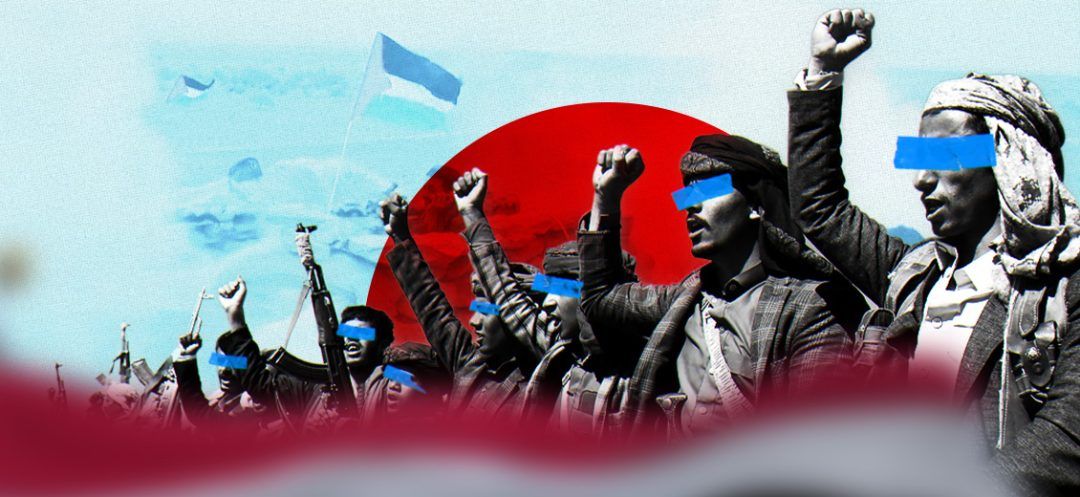
Yemen may be at risk of collapsing back into civil war as the increasingly empowered Houthi regime, hardening western policy and an intensifying economic war pushes the war-ravaged country towards the brink.
“This is the tensest period I've seen since the truce, we may even have war next week”, says Mohammed al-Basha, analyst at the US-based Navanti Group.
Yemen’s fragile peace may be at risk, as the Houthis increasingly empowered and radicalized by the Gaza war rally against the hardening positions of the US, and a new phase of economic war.
Yemen has been trapped in a brutal decade-long civil war between the Houthis, a Zaydi revivalist movement, and the fractured factions of the Internationally Recognised Government (IRG), that according to UN estimates caused the deaths of 377,000, in what it termed as “the world’s largest humanitarian crisis.”
In 2022, there was a glimmer of hope when a UN-brokered ceasefire was agreed and steps were established to build a durable peace.
The peace has largely held but some analysts are worried that since the commencement of the Red Sea campaign it may be at risk.
Empowered Houthis
According to analysts, the Houthi campaign, targeting Israeli-linked ships passing through the Red Sea, has significantly strengthened its position within Yemen.
Last Friday, a Houthi drone struck Tel Aviv, killing one and wounding 10. This strike reflects the Houthis' increasingly sophisticated military capacity.
Although the UN currently inspects cargo entering Yemen, since October, over 500 shipments have entered Houthi-Yemen without inspection according to Basha.
Basha told This is Beirut that the Houthis have long imported weapons from Iran, but that “historically you didn’t see top Iranian technology in Houthis hands. Yet now you do, they are basically sending them everything they have now.” In June, the Houthi’s unveiled a new supersonic ‘Philistine’ missile that closely resembles Iran’s most advanced ‘Fattah’ missile.
The Gaza war has also allowed them to negate popular dissent, shifting anger onto a cause that is widely popular in Yemen.
Prior to the Gaza war, the Houthi regime was suffering a legitimacy crisis, with dissent mounting over compounding economic problems, says Luca Nevola, researcher at ACLED.
According to Basha, the Houthis' “support for Palestine has effectively deflected public anger and boosted their domestic legitimacy.” Every Friday, they organize mass solidarity rallies that frequently attract millions of Yemenis across the country.
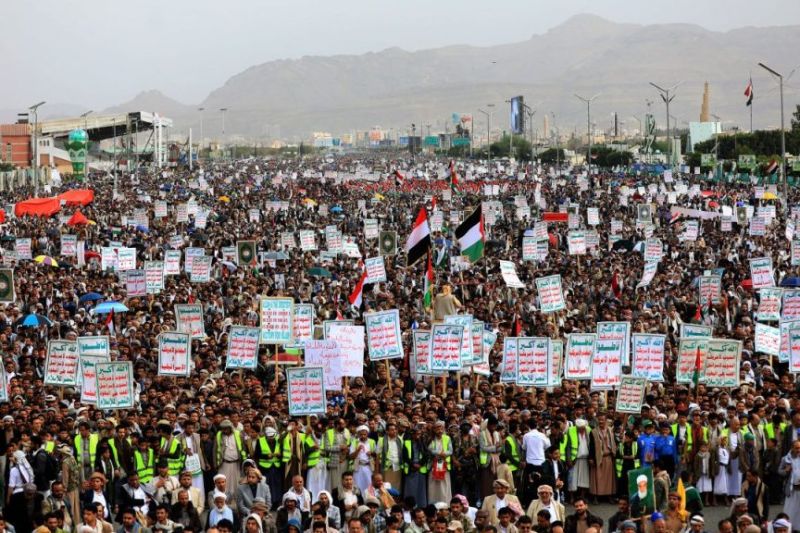 MOHAMMED HUWAIS / AFP
MOHAMMED HUWAIS / AFPWith domestic legitimacy at an all-time high, the Houthis claim that record numbers are signing up to fight as part of the so-called ‘general mobilization’.
Whilst this concept isn't new, it has developed new-found momentum, with official numbers stating that over 300,000 new fighters have signed up since October.
However these official numbers must be treated skeptically. According to Nevola, “the claims are unlikely, because the Houthis are simply not able to pay the salaries of 300,000 new fighters.”
Although Nevola acknowledged “that if hostilities resume, the Houthis would almost certainly be able to mobilize a lot of new fighters.”
Al-Jazeera has reported that the Houthis have deployed 50,000 new fighters around the long-coveted Marib region - where key oil fields are situated.
Hardening Positions
Before October, Western policy in Yemen was centered around ending the war and containing the Houthis by normalizing the regime and binding it to a UN-led peace process, however the Red Sea campaign has precipitated a profound policy shift.
In December 2023, the US announced ‘Operation Prosperity Shield’ and the formation of an international coalition which commenced a campaign of airstrikes in January.
Yet it has failed to deter the Houthis, and, according to Nevola, the Houthis have now realized that they can secure legitimacy through their role in Iran’s ‘axis of resistance’. They are no longer reliant on the peace process and international recognition, as the basis of their legitimacy.
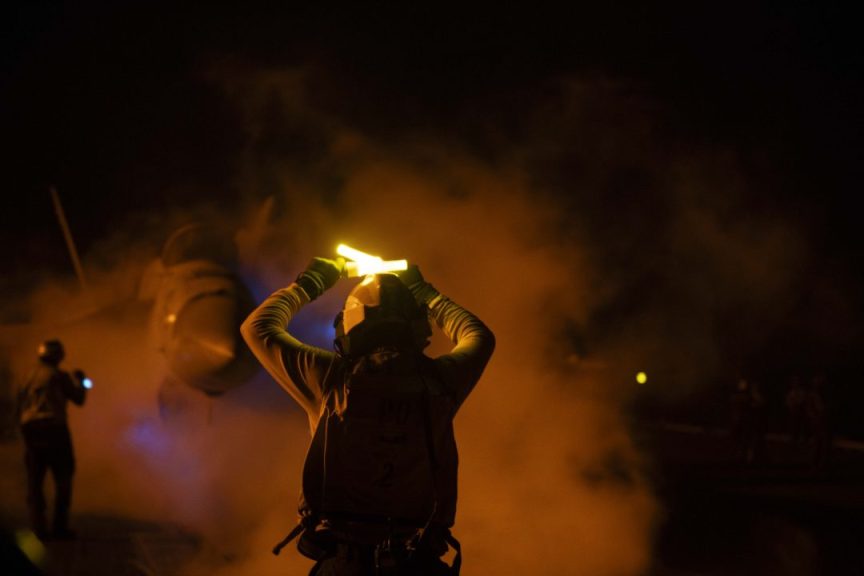 Kaitlin Watt / US NAVY / AFP
Kaitlin Watt / US NAVY / AFPAs a result, Nevola argues that “they will become less prone to accept conditions imposed by the international community in order to secure peace.”
The movement's theological underpinnings are also contributing to their increasing radicalization.
“Their string of victories over the last decade has instilled in them a sense of euphoric hubris.” A belief that their victory is inevitable because “there is divine intervention on their side,” says Basha.
The Houthi leader, Abd Al-Malik Al-Houthi, is increasingly portrayed as an emissary sent by God in a prophesied war which envisages the return of the Mahdi and the capture of Jerusalem.
According to Nevola, coalition partners are witnessing this increasing radicalisation and realizing that in attempting to normalize the Houthis, they have harbored a long-term threat.
US officials are aware that a sustained aerial campaign is pointless, pointing to the Saudi’s failure to dislodge the Houthis throughout a relentless nine-year bombing campaign. President Biden himself even acknowledged this in January.
As a result, the US is seeking alternative levers to deter Houthi attacks, and are now contemplating strengthening the IRG to counter the Houthis, says Basha.
Economic Warfare
According to Mohammed al-Basha, the latest phase of “economic warfare is the largest reason we could be on the brink of renewed conflict.”
In January, the US labeled the Houthis a ‘specially designated terrorist group’, a designation that prohibits actors from doing business with the Houthi-linked entities.
Due to the designation, Saudi Arabia - who, as part of the ceasefire agreement, had agreed to pay $100 million per month to fund public sector salaries in Yemen, including those of Houthi fighters - was effectively blocked from making these payments. Putting at risk one of the central conditions of the ceasefire.
In April, the IRG demanded all Yemeni banks relocate to Aden within 60 days, with failure to comply resulting in exclusion from the SWIFT network and money transfer services, in line with the prohibitions set out in the US’ terrorist designation.
The consequence of this designation is to further isolate the Houthi economy, limiting the banking sector's ability to process international payments - a vital necessity for a country heavily reliant on food imports.
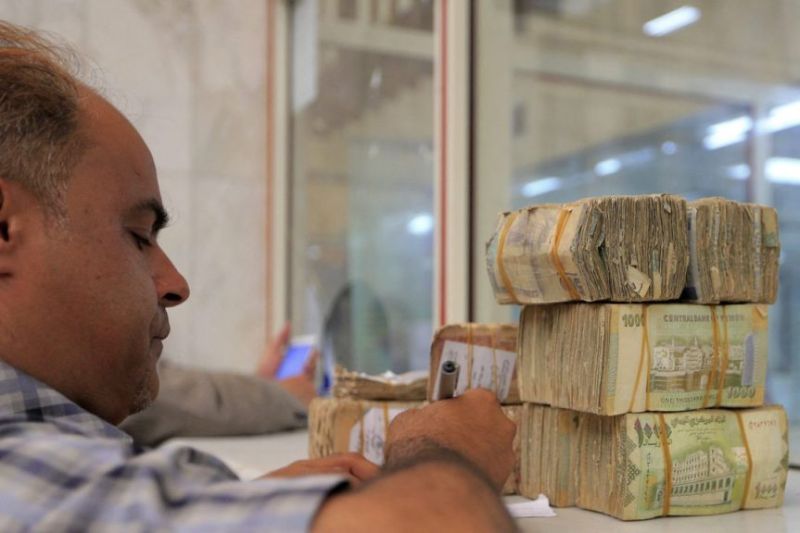 MOHAMMED HUWAIS / AFP
MOHAMMED HUWAIS / AFPAccording to Nevalo, “the Houthi’s have been cornered by these measures, which have been very effective”.
As a result, Abd Al-Malik Al-Houthi, is claiming in recent speeches that the US is instigating this economic war against them.
US officials deny being involved in this latest phase of economic warfare. However, Luca Nevola claims that “it is highly likely that there is a coordinated effort by the IRG and US to apply more pressure to stop the attacks.”
The risk is that the Houthis, under economic pressure but militarily empowered, may retaliate against the IRG, as part of a ‘legitimate’ front in defense of Palestine, by claiming the IRG is coordinating with the US-Israeli axis.
What Next?
Analysts agree that, in the event of war, the IRG would be unable to resist the Houthis.
The government, plagued by internecine infighting, previously only survived with the support of a relentless Saudi-led bombing campaign. But there is little appetite in Riyadh for a renewed conflict, and analysts think it is unlikely that they would resume their air campaign.
Basha believes that the IRG will be quickly defeated in a manner similar to the US-backed Afghan government, when it also lost the protection of its patron.
However, he warns that the humanitarian consequences will be profound, saying “it will have worse humanitarian implications for what is already the world's worst humanitarian crisis … it will exacerbate food insecurity, displace more people and strain an already collapsing healthcare system.”
Read more



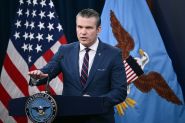
Comments